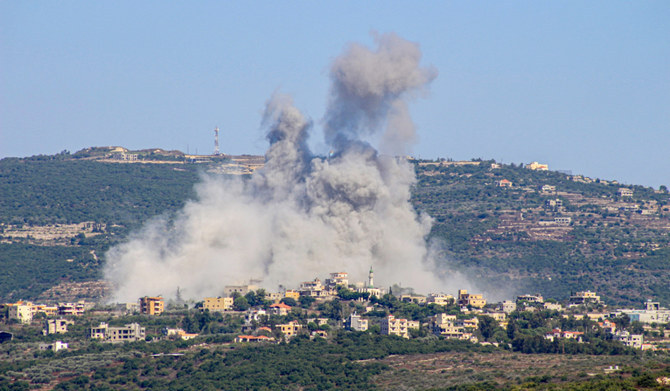Israel has intensified its military activities along the border with Lebanon and Syria, clearing landmines and establishing new barriers in a move that signals potential expansion of ground operations against Hezbollah. According to security sources and analysts, Israeli troops have been working on fortifications in the Israeli-occupied Golan Heights, which borders a demilitarized zone (DMZ) separating Israel from Syria. This comes amid heightened tensions as Israel continues its military campaign against Hamas and faces increasing missile attacks from Hezbollah, a Tehran-backed group.
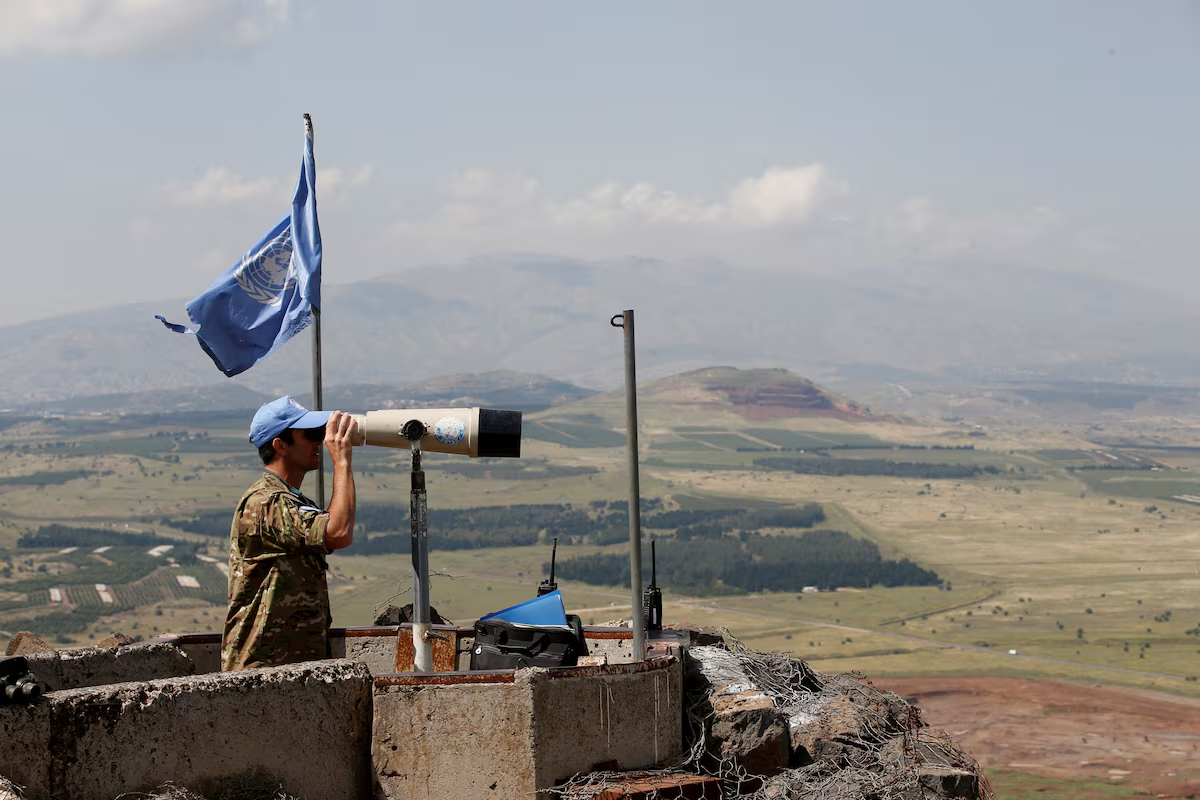
The demining and engineering works in the Golan Heights suggest that Israel may be preparing for broader strikes on Hezbollah, possibly extending its front further east along Lebanon’s border. This strategic shift would not only allow Israel to attack Hezbollah supply routes cutting through Syria but also create a more secure zone from which Israeli forces could monitor Hezbollah activities. The move aims to reduce the risk of infiltration and tighten Israel’s grip on Hezbollah’s weapons supply chains.
Military incursions into Syrian territory have reportedly intensified since early October. Israeli tanks have temporarily crossed into parts of the DMZ to provide support for bulldozers constructing new security fences, according to regional intelligence sources. These incursions, coupled with increased Israeli airstrikes on Syria, underline Israel’s efforts to dismantle Hezbollah’s infrastructure and supply lines. This escalation raises the possibility of a wider conflict involving multiple fronts across Lebanon and Syria.
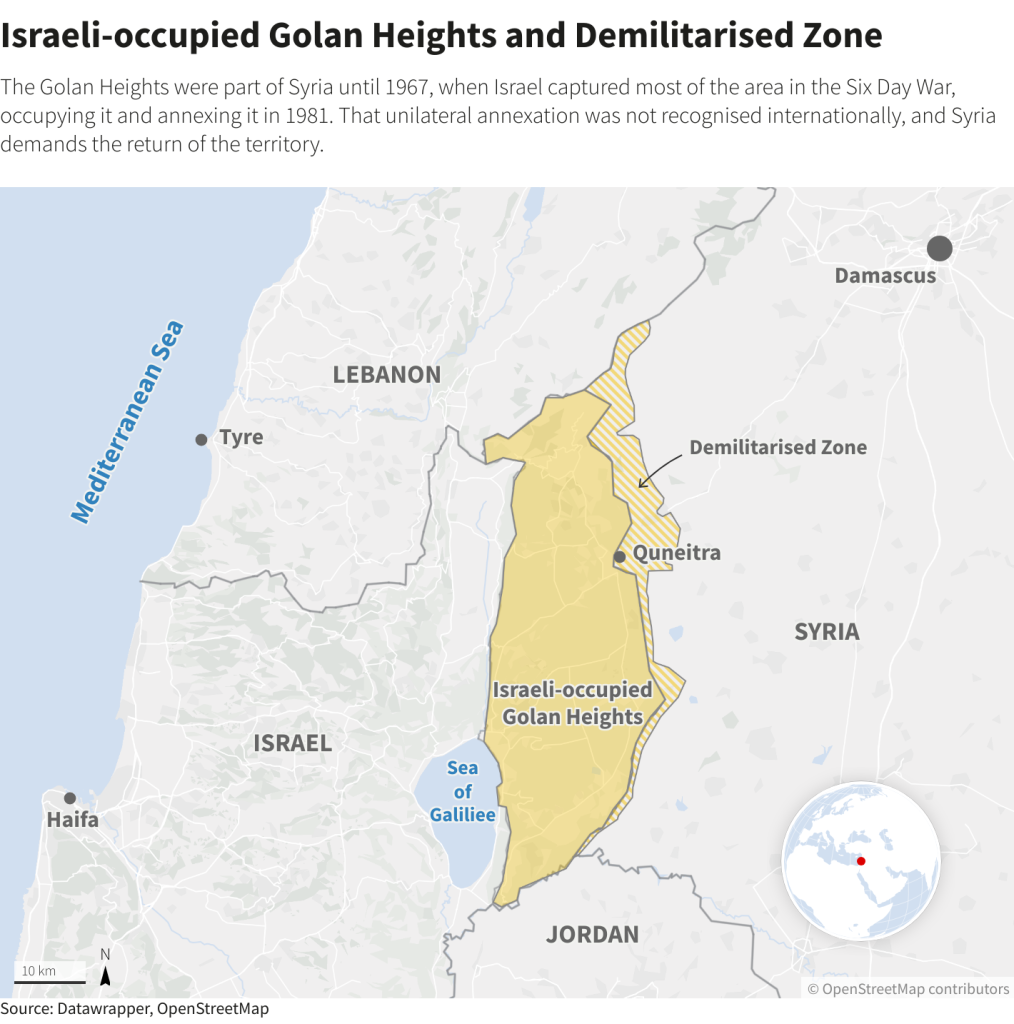
Navvar Saban, an analyst at the Harmoon Center in Istanbul, highlighted that Israel’s actions in the Golan Heights are a tactical step to prepare for a larger offensive in Lebanon. By extending military operations into the east, Israel could apply more pressure on Hezbollah, attacking its key supply routes from Syria. In addition to air and ground strikes, Israel has also engaged Hezbollah forces with naval shelling from the Mediterranean, indicating a comprehensive approach to counter the group’s influence in the region.
Security sources reported that Russian military units, stationed in southern Syria to support Syrian forces, have pulled back from key observation posts near the DMZ. This withdrawal likely occurred after understandings were reached between Russia and Israel to prevent clashes. The Syrian army, for its part, has refrained from additional deployments, signaling an effort to avoid direct involvement in the conflict despite its alliance with Iran and Hezbollah.
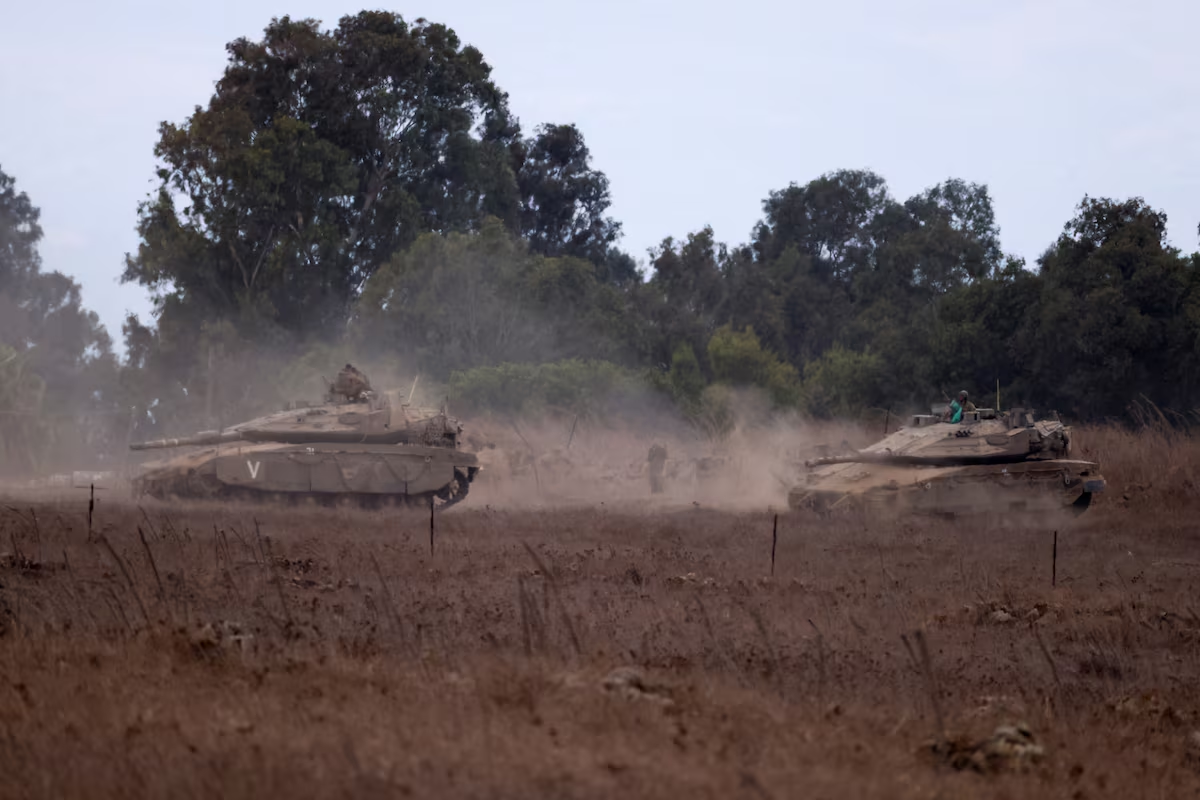
Meanwhile, Israel has ramped up construction activities along the DMZ, raising new barriers and digging trenches near Syrian territory. Syrian soldiers stationed in the area described Israel’s actions as the creation of a “buffer zone” to prevent infiltration. Lebanese security officials also confirmed that Israel had stepped up demining operations and moved the fence further towards Syrian-controlled areas, potentially encircling Hezbollah from the east.
The United Nations Disengagement Observer Force (UNDOF), which has overseen the buffer zone between Israel and Syria since the 1973 war, observed Israeli construction activities in the area but has provided limited details. The UNDOF mandate calls for disengagement of Israeli and Syrian forces, but violations have been reported on both sides in recent months, escalating tensions further.
In a concerning development, fighters from Iran-backed Iraqi paramilitary groups stationed in southern Syria were ordered to withdraw from the Golan Heights after Israeli tanks were spotted in the area. The withdrawal of these fighters could reflect a broader effort to de-escalate potential clashes between Israeli forces and Iranian-backed militias operating in the region. These moves come as Hezbollah faces mounting pressure on multiple fronts.
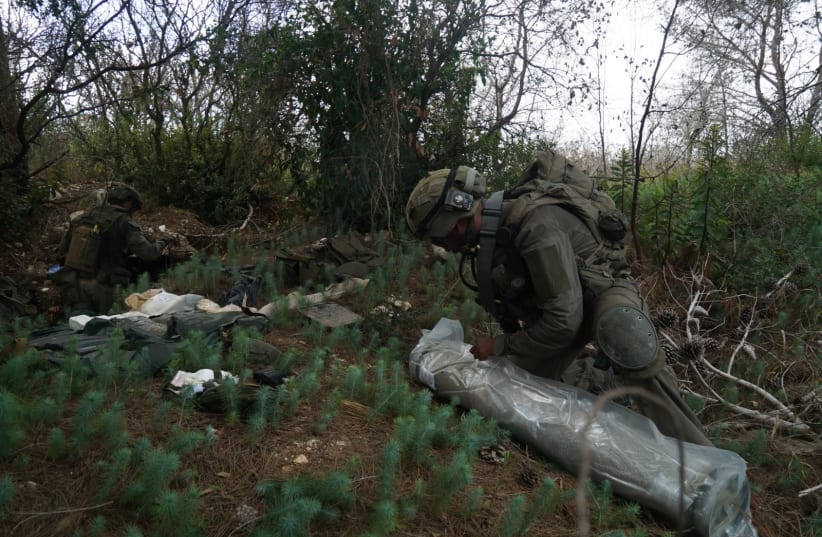
Israeli military officials have declined to comment on their operational plans but confirmed they are engaged in active combat against Hezbollah to ensure the safe return of northern Israeli residents displaced by ongoing missile attacks. The situation remains highly volatile, and with ground operations expanding, the prospect of a full-scale conflict involving Hezbollah, Israel, and other regional actors continues to grow.

